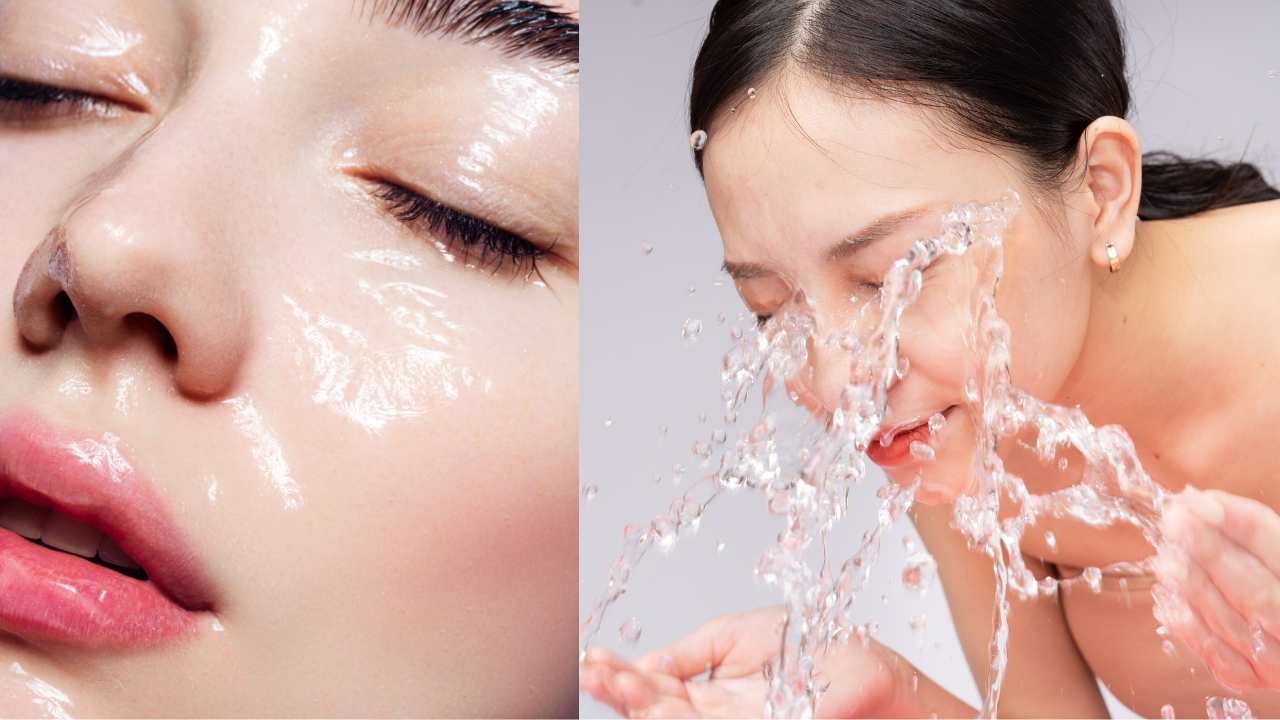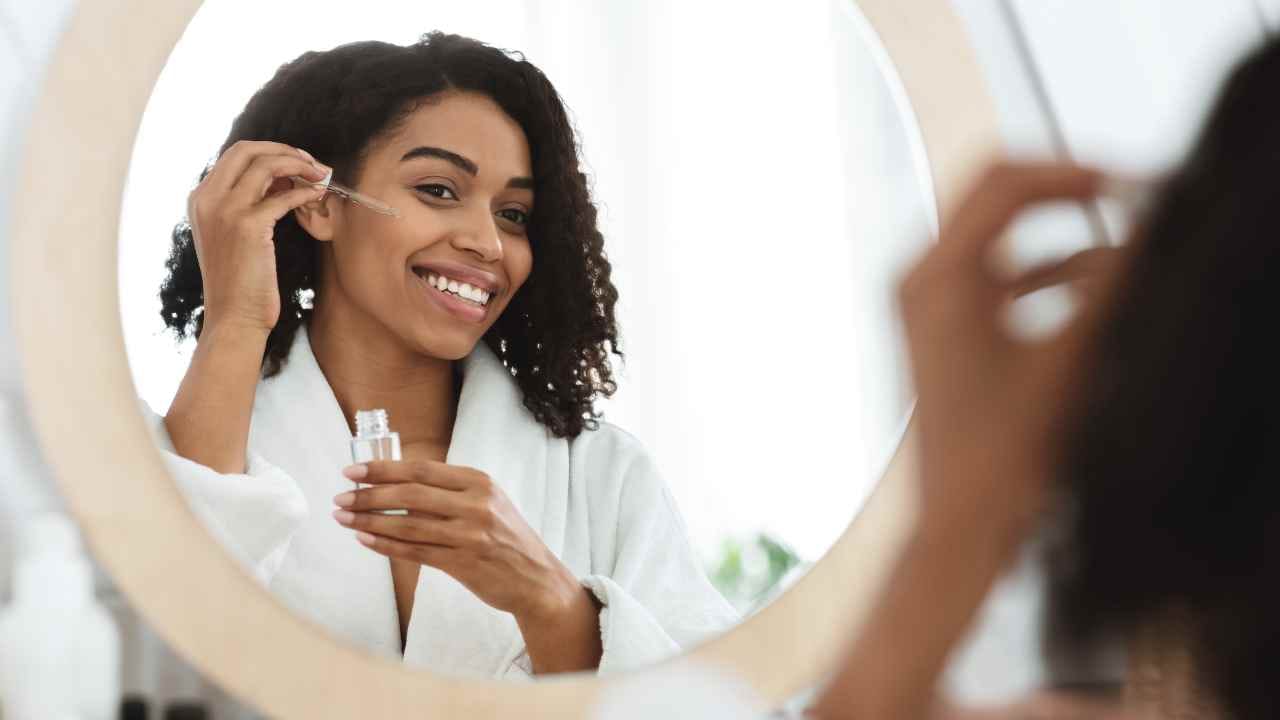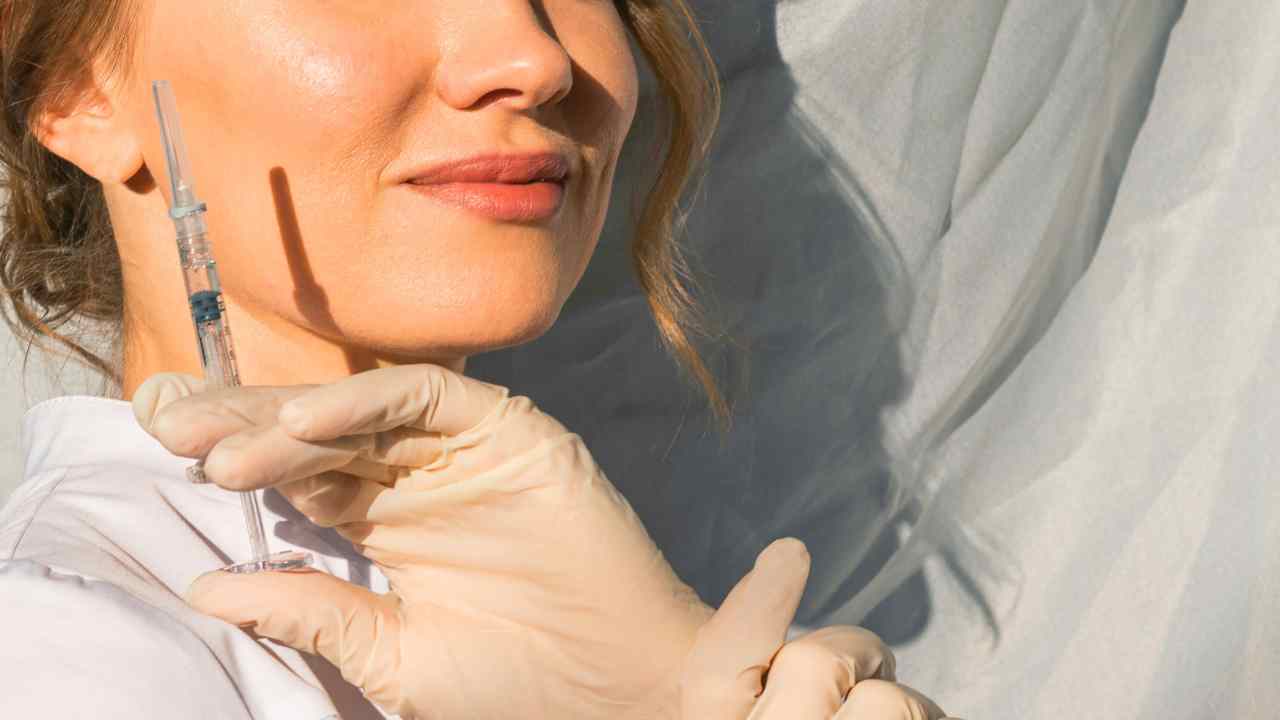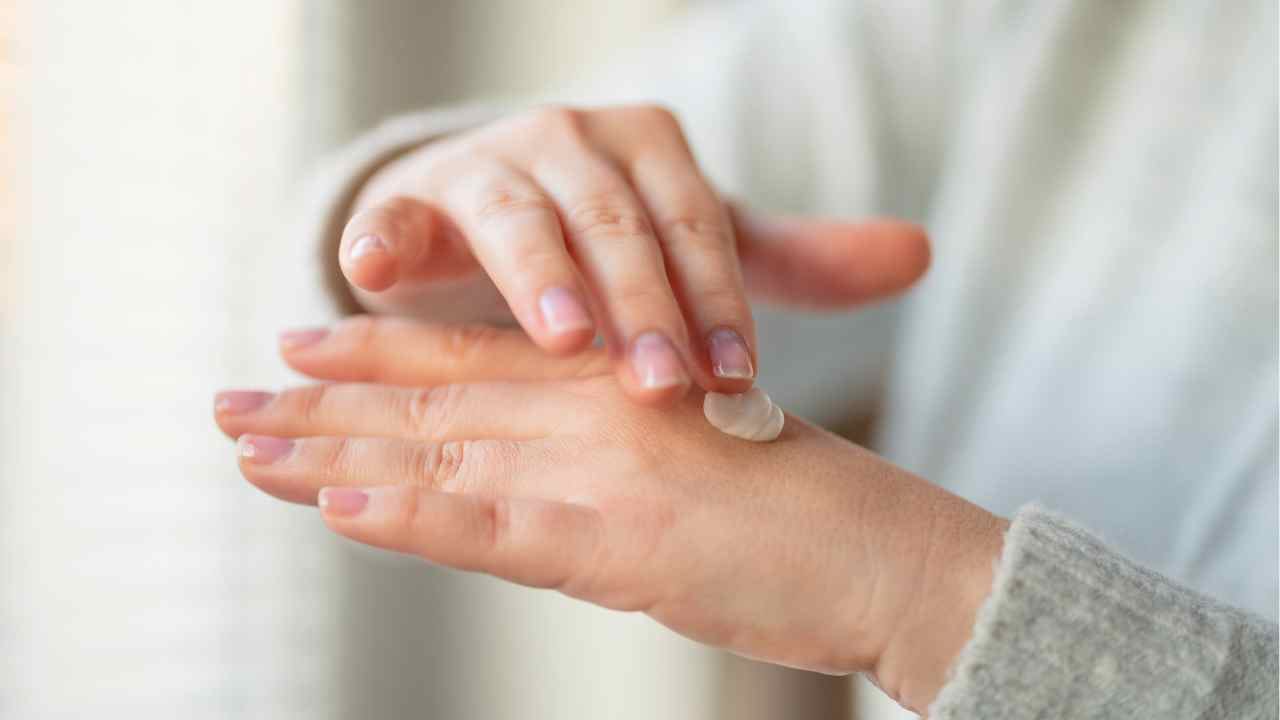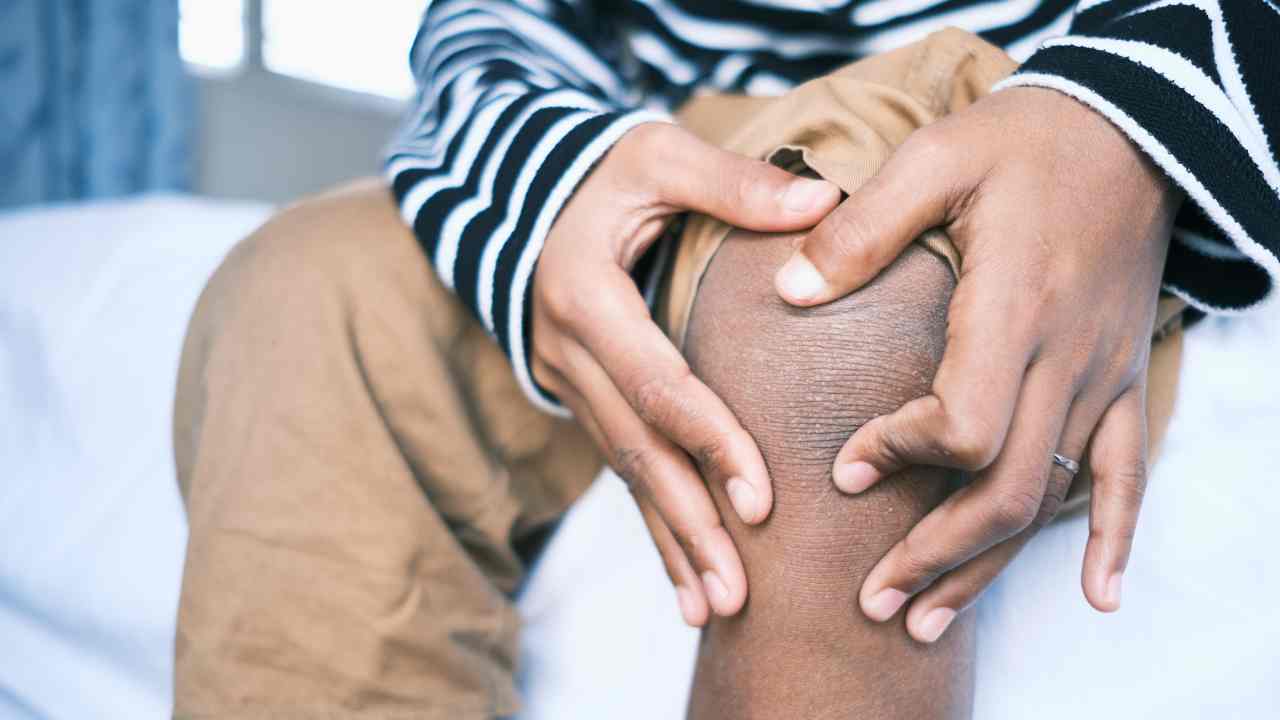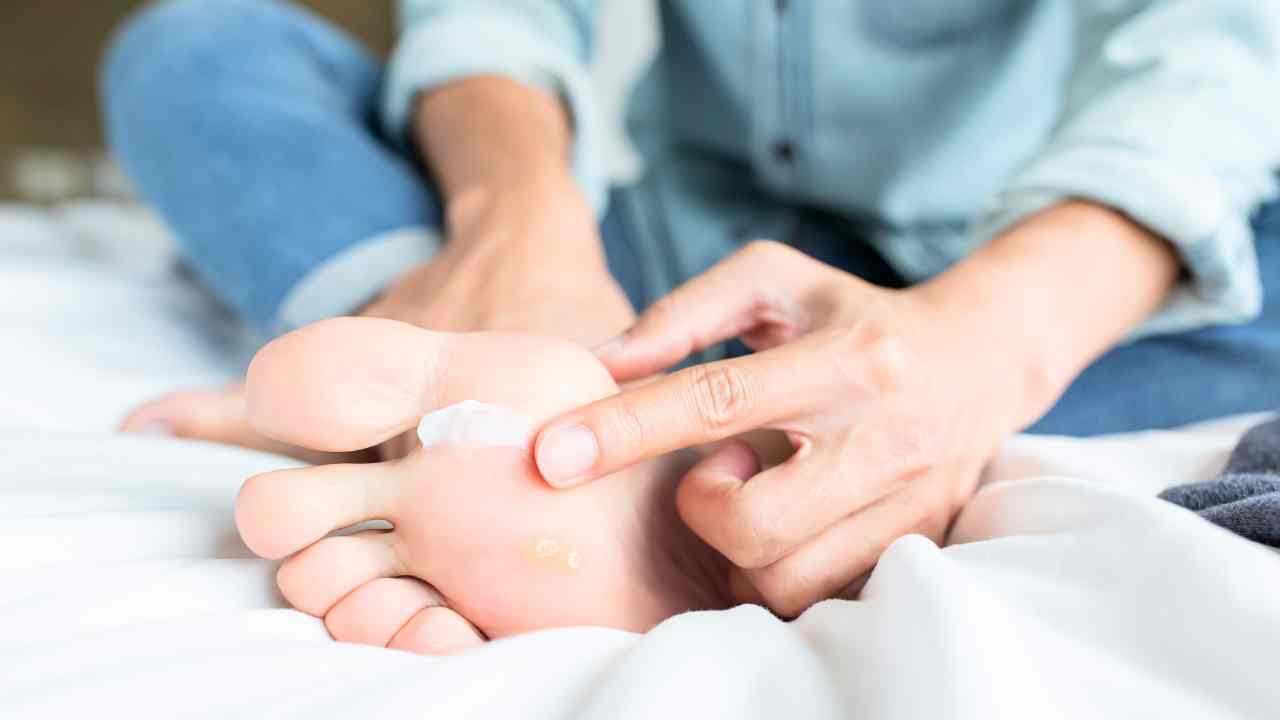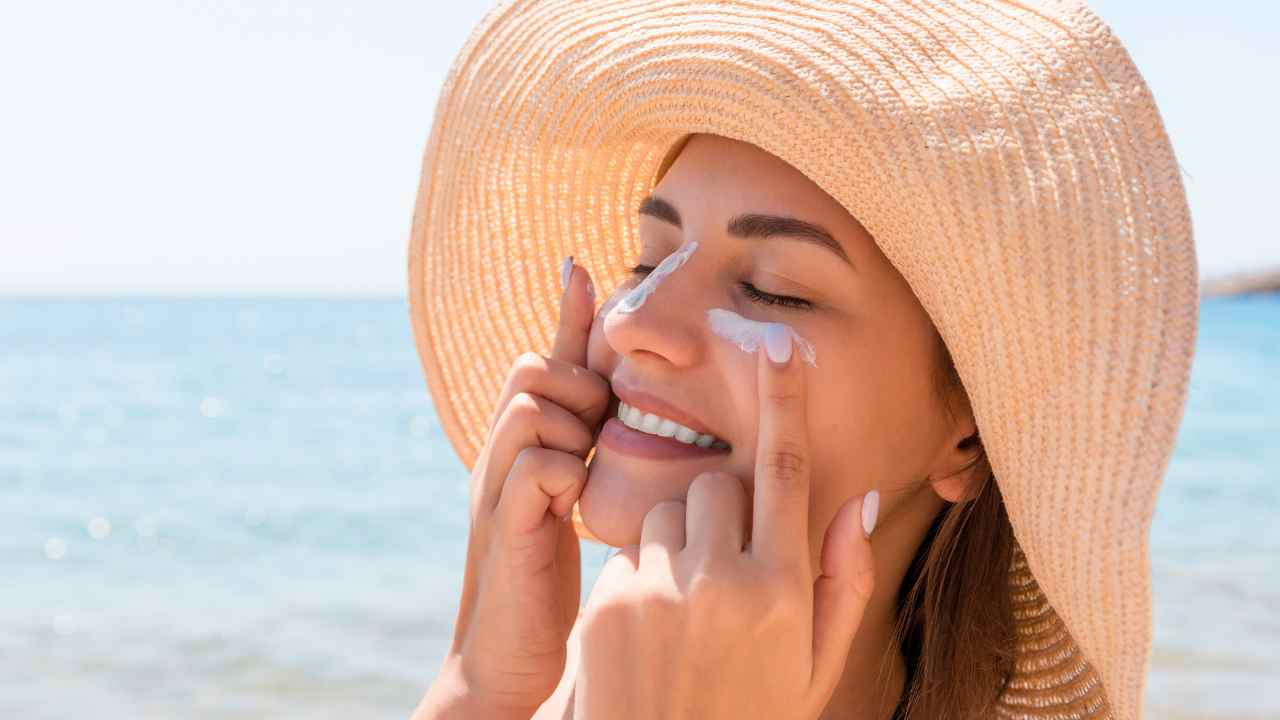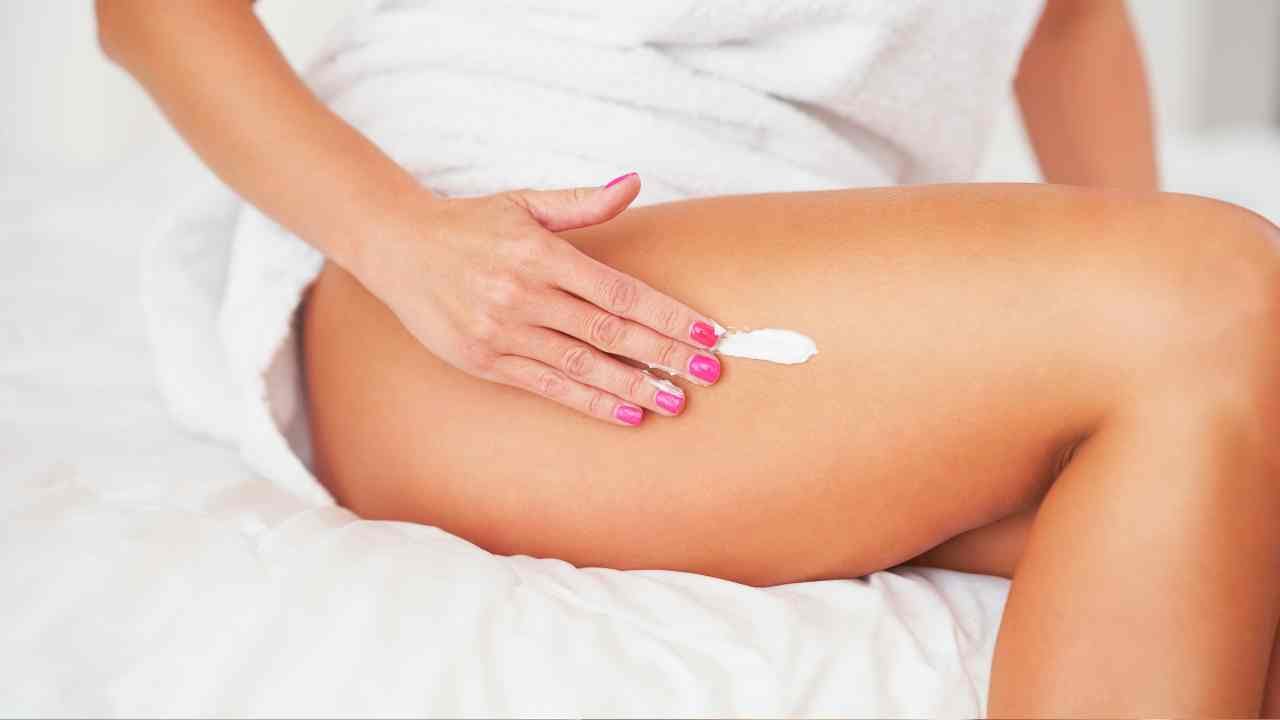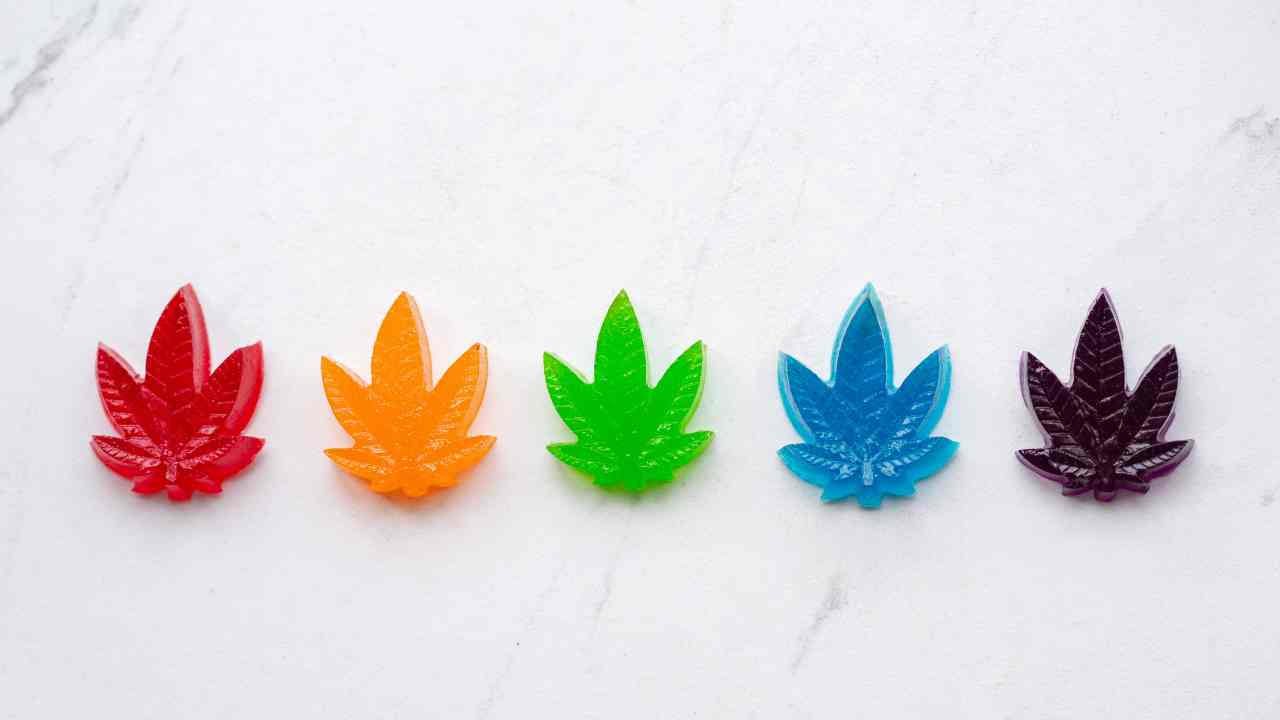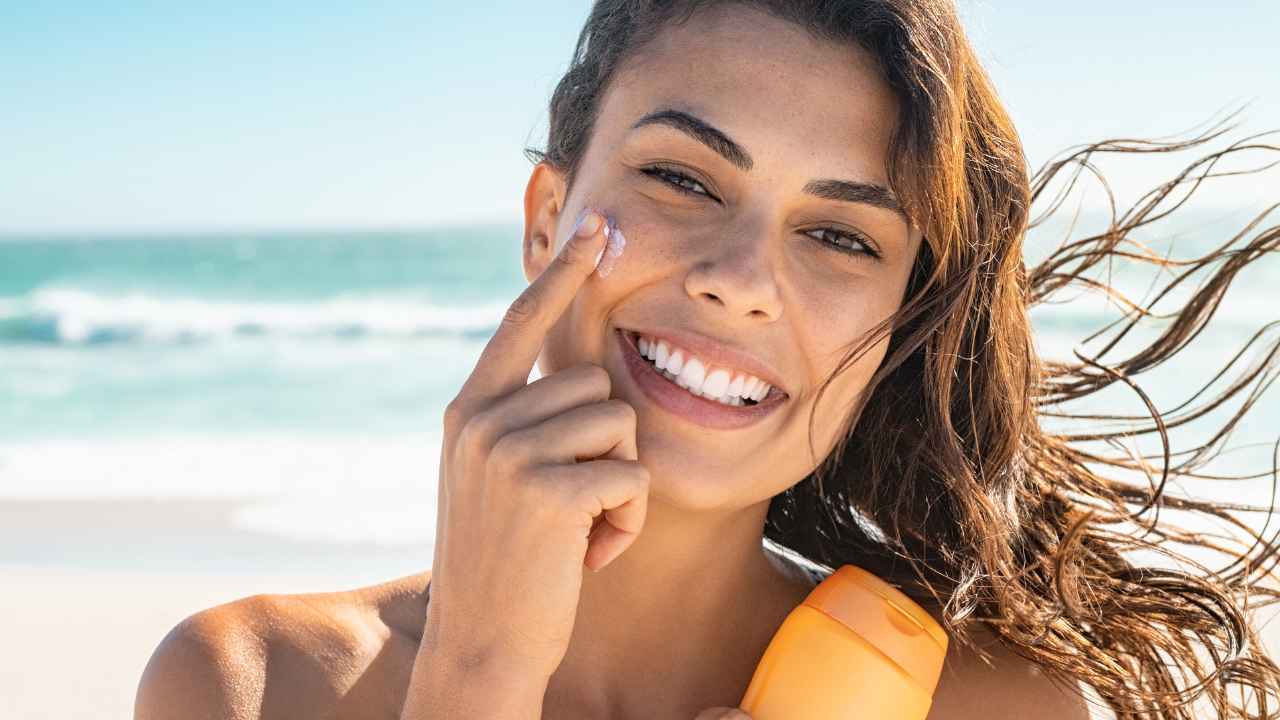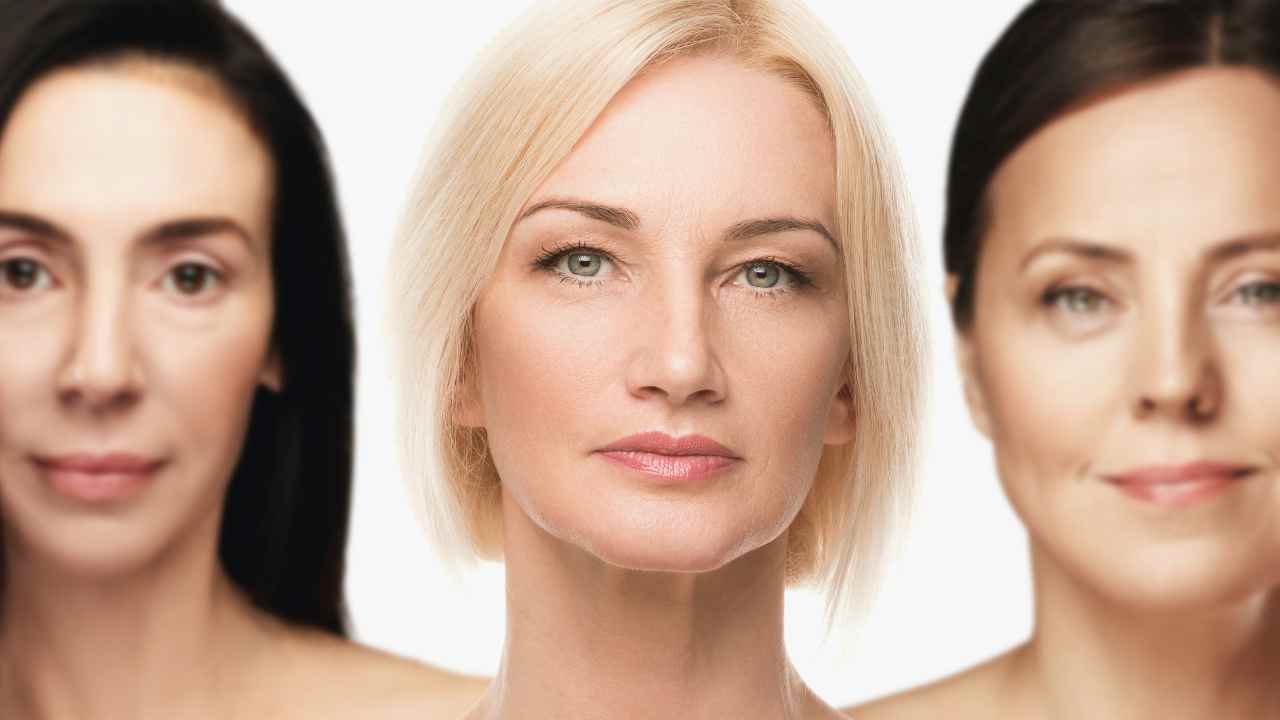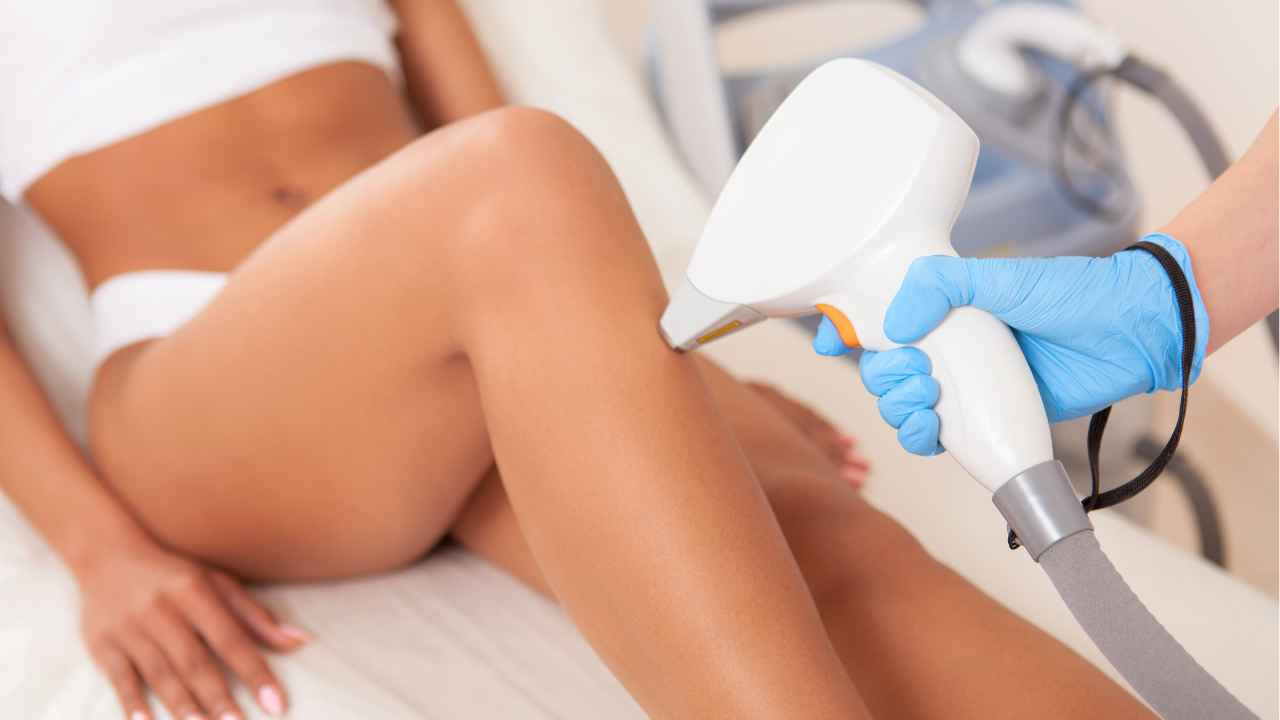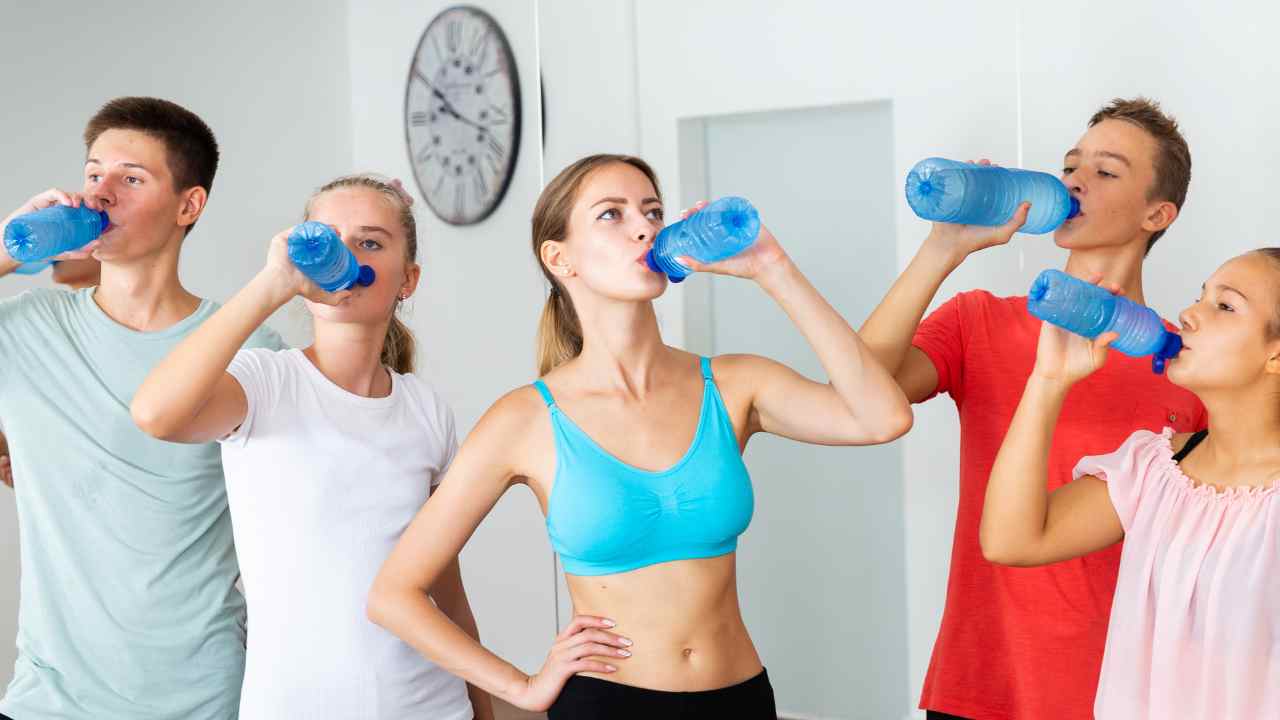
Get Ready to Guzzle H20: Does Drinking Water Help Acne?
The age-old saying of 'You are what you eat' is pretty much true when it comes to your skin and acne. But even if you’re eating right, drinking plenty of water might be the thing that finally clears up your complexion.
Yes, not only does guzzling H2O keep your body and skin hydrated and help all sorts of other bodily functions – it can also play an integral role in making sure those breakouts don’t last long.
In this post we’ll explore whether or not drinking enough liquids really has a positive effect on acne, answer some FAQs about what will speed up the healing process and give a few top tips for keeping those zits at bay.
Let's start by examining how our bodies use H20 – then get ready grab a bottle because here come the benefits. But first, why are you getting breakouts in the first place?

What is Causing Your Acne?
When it comes to the underlying causes of severe acne, there is no one-size-fits-all answer. The truth is that the exact cause can vary from person to person and often requires a combination of factors to truly understand why we get zits.
The most common contributing factors usually include hormonal imbalances, certain medications, diet and lifestyle choices (especially things like stress levels or poor hygiene practices), genetics (some people are simply more likely to suffer from breakouts due to their heredity), environmental toxins, and overproduction of oil on the skin's surface.
Hormones like testosterone can directly affect sebaceous glands, causing them to increase in size which produces more oil than necessary. This oil combines with dead skin cells and bacteria that can clog pores and lead to blemishes and acne scars.
Other conditions such as PCOS (Polycystic Ovary Syndrome) or thyroid disorders may also play a role in leading up towards acne development.
Certain types of bacteria living on our faces may also be partly responsible for this condition. Propionibacterium acnes lives naturally on human skin but when it gets out of hand may actually trigger an immune response in our bodies resulting in redness, inflammation and those embarrassing pustules that ruin our days!
In short, understanding what type of acne you have is key for finding out its root cause. But, what can help prevent breakouts? Here's where H20 comes in.
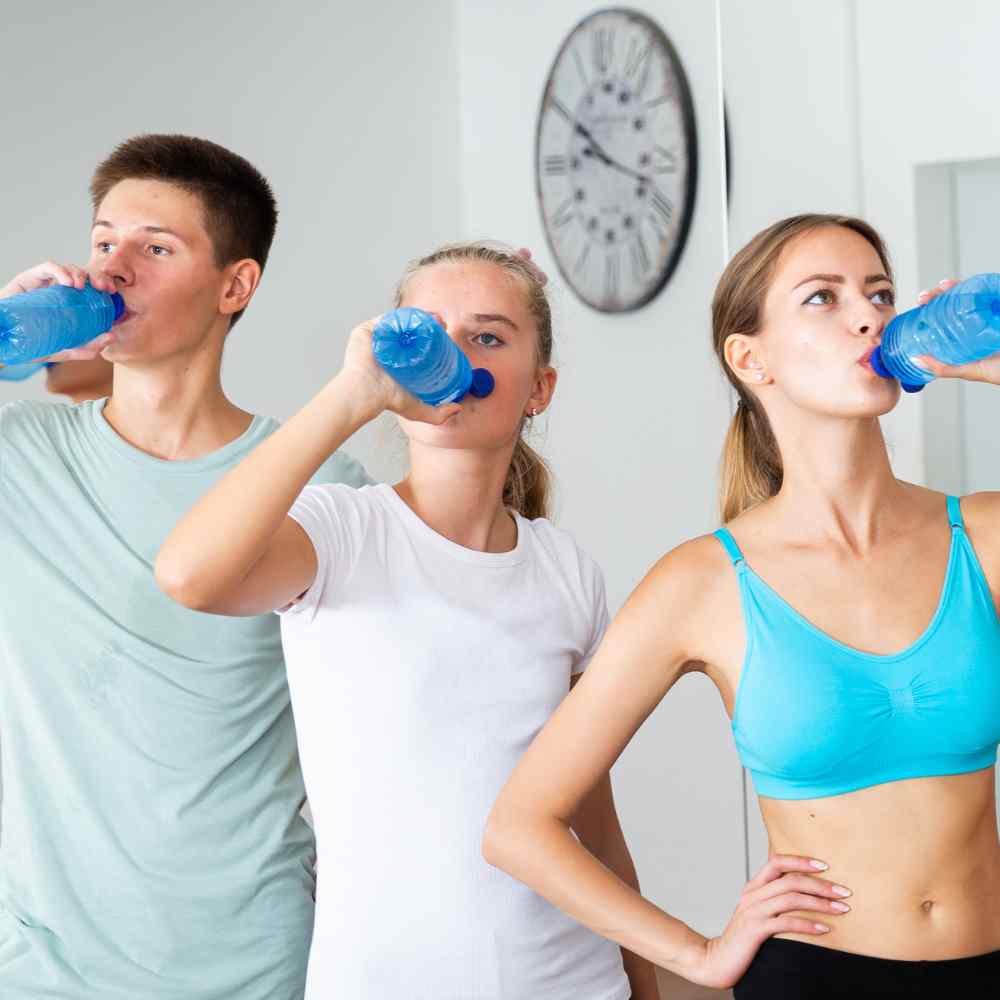
H20 in Acne Prevention & Healing
Can water really make a difference in your skin health? It may! Here are a few of the ways drinking water may help keep your skin clearer.
Hydration & Skin Moisture
Proper hydration plays a vital role in maintaining optimal skin health. When your body is adequately hydrated, it helps ensure that your skin stays moisturized.
Drinking an adequate amount of water can help prevent skin dehydration, which is important for maintaining a healthy skin barrier.
A well-hydrated skin barrier can better protect against external irritants and maintain the skin's natural balance, potentially reducing the risk of acne flare-ups.
Detoxification & Waste Elimination
Water is essential for the body's detoxification processes, including the elimination of waste products and toxins.
Drinking enough water can support kidney function, promoting the efficient removal of waste materials from the body. By aiding in the elimination of toxins, water indirectly contributes to clearer and healthier skin, potentially reducing the likelihood of acne breakouts.
Regulation of Sebum Production
Sebum is the oily substance produced by the sebaceous glands in the skin. Excessive sebum production combined with dirt and sweat can contribute to clogged pores and acne formation.
While water consumption alone may not directly regulate sebum production, staying well-hydrated can help maintain the skin's natural moisture balance, potentially preventing the skin from overcompensating with excess oil production.
Improved Digestion & Nutrient Absorption
Proper hydration is crucial for maintaining a healthy digestive system. Water aids in the breakdown and absorption of nutrients from food, ensuring that your body receives essential vitamins and minerals that contribute to your skin health.
Optimal nutrient absorption can support the skin's healing processes and potentially reduce inflammation associated with acne.
Enhanced Circulation
Drinking enough water can improve blood circulation, ensuring that oxygen and nutrients are effectively delivered to the skin cells.
Enhanced circulation promotes a healthier complexion and aids in the healing of acne lesions. Proper hydration supports the skin's natural rejuvenation process, helping to maintain a clear and vibrant complexion.
Dr. Dray, a dermatologist, explains how drinking water, environmental factors and other lifestyle choices can impact your skin barrier health.
Adding H20 to Your Acne Prevention Routine
Now that we understand the potential benefits of water for preventing and healing acne, let's discuss how to incorporate hydration into your skincare routine effectively:
Drink an Adequate Amount of Water
The recommended daily water intake varies depending on factors such as age, sex, activity level, and climate. As a general guideline, aim to drink at least eight 8-ounce glasses of water per day. However, individual needs may differ, so listen to your body and adjust your water drinking accordingly. And soda does not count as your water intake, so keep the Brita full!
Set Reminders in Your Phone
If you struggle to drink enough water throughout the day, consider setting reminders or using smartphone apps to track your water drinking. Dividing your daily water goal into manageable increments and having a water bottle with you at all times can also help you stay on track.
Eat Water-Rich Foods
In addition to drinking water, you can increase your hydration levels by consuming water-rich foods. Incorporate fruits and vegetables with high water content, such as cucumbers, watermelon, strawberries, and leafy greens, into your diet. This is especially easy to do in the summer months.
Limit Caffeine & Alcohol Consumption:
Whah, whah, whah. Sorry to say it, but caffeinated beverages and alcohol can contribute to dehydration. While it's not necessary to eliminate them entirely, be mindful of your consumption and balance it with an increased water intake. Alternate a glass of water for every alcoholic or caffeinated beverage you drink.
Support Your Water Intake with a Healthy Skincare Routine
While drinking water is important for overall skin health, it's essential to complement it with a consistent and appropriate skincare routine.
Cleanse your face twice daily, use non-comedogenic moisturizers, and incorporate acne-fighting ingredients like salicylic acid, benzoyl peroxide, or retinoids such as tretinoin as recommended by a dermatologist.
If you hae dry skin or irritated skin from these acne fighting ingredients you can incorporate a hyaluronic acid serum and niacinamide serum into your skincare routine. Both hyaluronic acid and niacinamide can be soothing to acne prone skin.
There are also many face masks designed for fungal acne. While some of them are meant for drying out pores, there are others that can hydrate your skin.
Sip Your Way to Healthy Skin
Hydration doesn't sound like the most thrilling component of a skincare routine, but it packs a serious punch when it comes to clear skin.
Hopefully, this post has shed some light on the underrated but unquestionably effective ways hydration can support skin health.
Whether you sip more water throughout the day, snack on juicy fruits and veggies, or simply pamper yourself with an extra hydrating acne treatment mask once in awhile – there are so many different ways to make sure your skin is getting exactly what it needs.
Remember, beauty starts within. So keep your immune system in check and maintain that enviable glow from the inside out!



